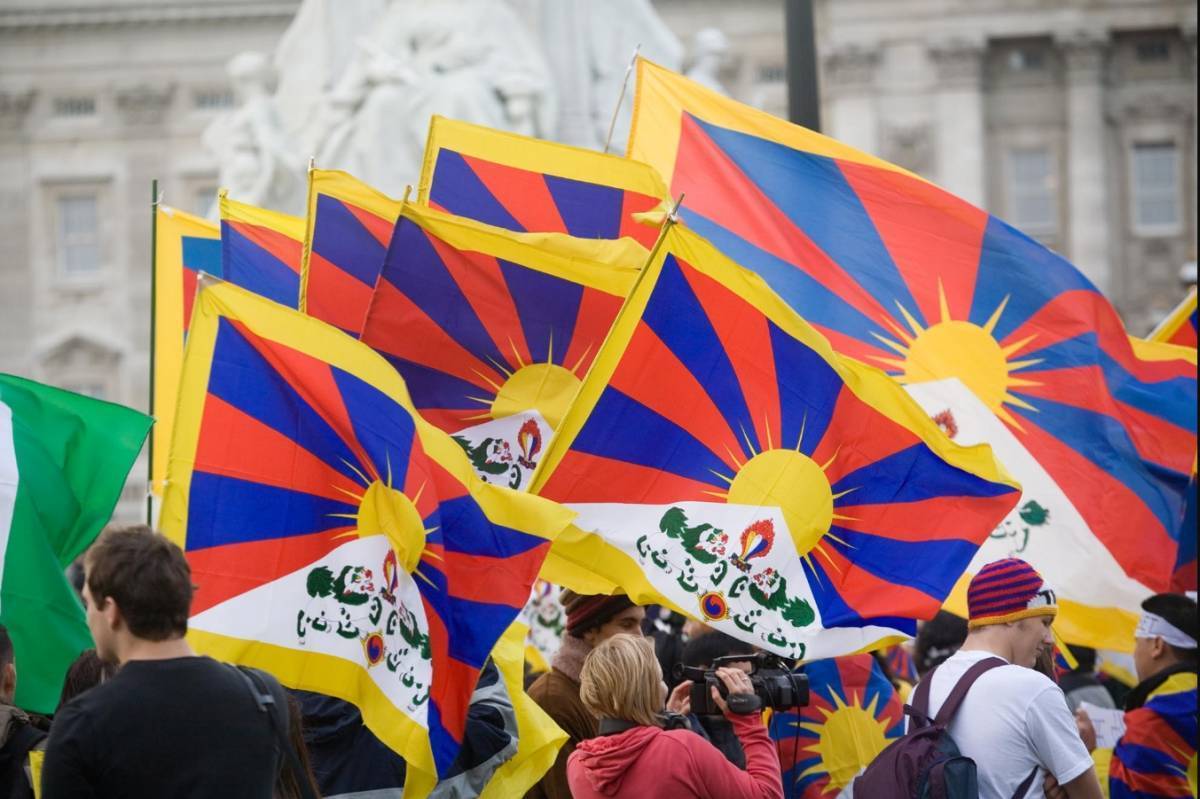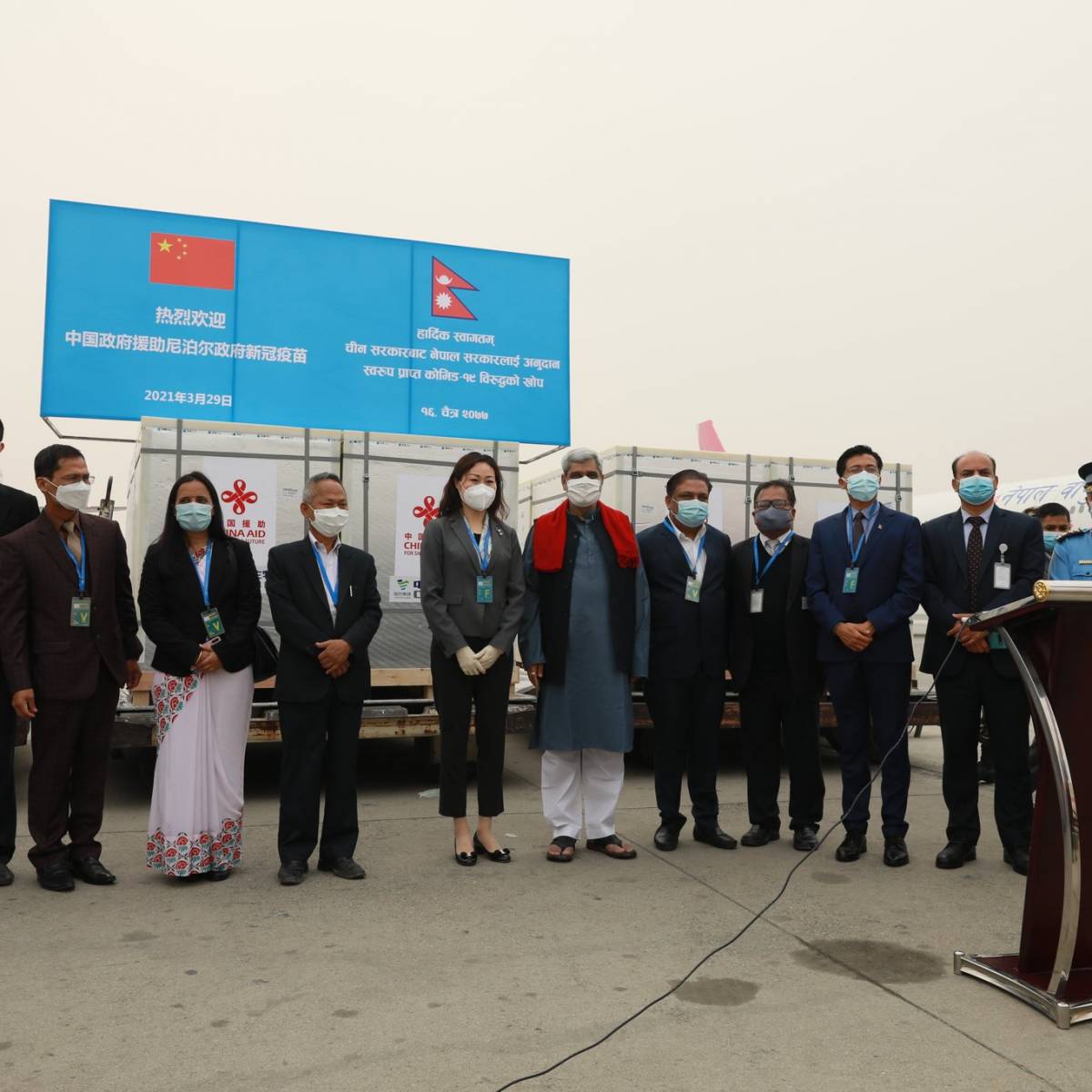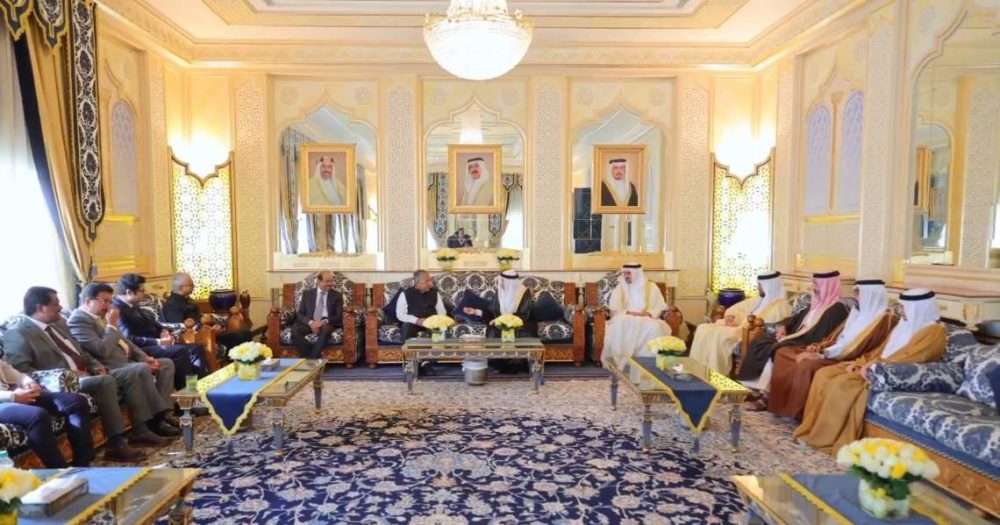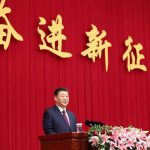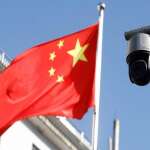The museum’s exhibition narratives tried to highlight that the modernization of Tibet has accelerated after the 17-point Treaty was signed in 1951 between Tibet and China…reports Asian Lite News
China is trying to legitimize its claim over Tibet through museums, and cultural institutions in the region, according to Tibet Rights Collective.
China is trying to promote a particular Chinese narrative about Tibetan history and culture. According to Tibet Rights Collective, the so-called Tibet Museum in Lhasa city claims to be a “36 meters high building with 1100 windows and exhibitions on Tibetan folk culture, customs of living, eating habits of Tibetans, costumes, textiles, and residential areas”.
The Tibet Museum officially opened on October 5, 1999, to mark the 50th anniversary of ‘The PRC’s Economic Reform in Tibet’.
The museum’s exhibition narratives tried to highlight that the modernization of Tibet has accelerated after the 17-point Treaty was signed in 1951 between Tibet and China, and to reinforce the historical legitimacy of handing Tibet over to China, according to The Tibet Rights Collective.
It displayed collections of artefacts, including official documents and gifts exchanged between Chinese Han Dynasty officials and Tibetan leaders.
The Communist Party of China (CCP) in 2021 launched a “memorial hall” to “display the photos and items from the serfdom era”.
The Potala Palace, the erstwhile winter palace of His Holiness the 14th Dalai Lama has also been converted to a museum. With nearly 800 sensors placed around the palace, multiple monitoring tools, and nine kilometres of fibre optic cables installed inside, the sacred space of Tibetans has been reduced to a spectacle.
Meanwhile, concerned about the situation of Tibetan women in Tibet, the United Nations Committee on the Elimination of Discrimination Against Women (CEDAW) has questioned China on the matter, reported Tibet Rights Collective.
The Committee on the Elimination of All Forms of Discrimination Against Women, which is in charge of overseeing the Convention’s implementation, has taken a keen interest in Tibetan women’s rights and well-being.
In a recent meeting, CEDAW members focused on China’s treatment of Tibetan women and asked for clarity on a number of topics. The majority of the committee’s inquiries focused on gender equality, healthcare and educational access, political engagement, and the protection of religious and cultural rights for Tibetan women living in Tibet, according to Tibet Rights Collective. (ANI)


